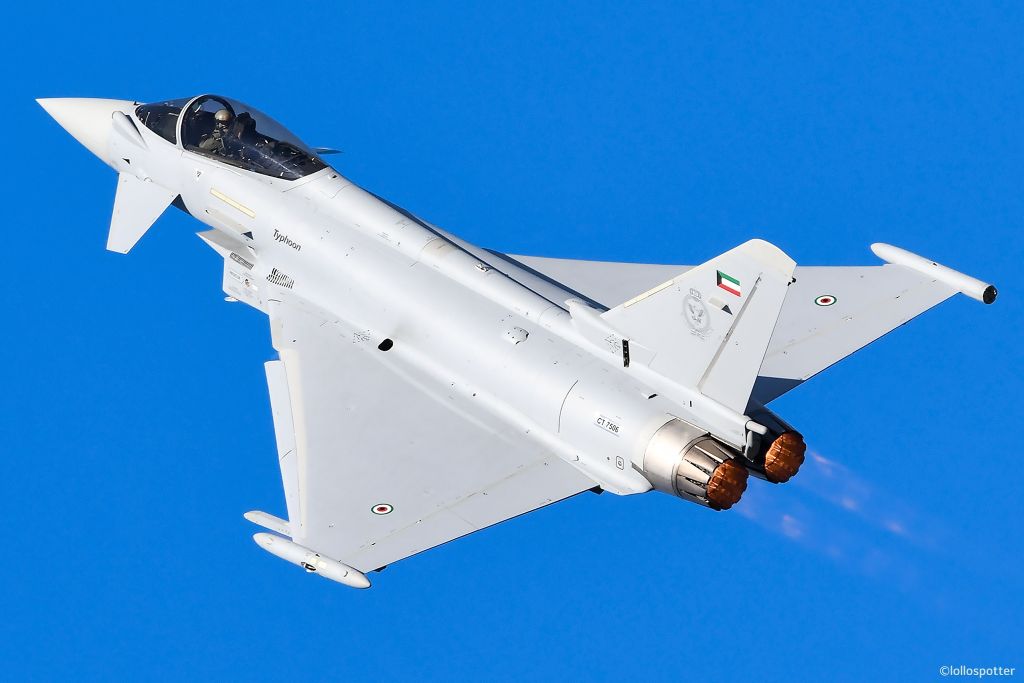Air Force’s Pursuit of AI: Navigating Infrastructure and Integration Challenges
Introduction
The United States Air Force is keen on the extensive application of artificial intelligence (AI) but confronts significant hurdles regarding the infrastructure necessary for its effective deployment. This concern was articulated by Major General Luke Cropsey, the Air Force’s program executive officer for Command, Control, Communications, and Battle Management (C3BM), during the recent Air and Space Forces Association conference.
Infrastructure Challenges
Major General Cropsey emphasized that the core issue lies in establishing a reliable underlying infrastructure. “One of my biggest challenges is the foundational framework that enables effective operation,” he stated, noting the complexities of developing a network that can appropriately support the Air Force’s diverse operational requirements.
Interoperability Issues
The integration of various systems remains a persistent challenge, particularly in achieving interoperability for data sharing. Cropsey remarked:
- “With the multitude of configurations in existence, realizing an enterprise-level capability proves difficult.”
- He pointed out that the Air Force aims to consolidate the various disparate systems into a coherent set of end-to-end capabilities. This initiative aligns with their strategic priorities for 2026, focusing on the formation of an enterprise battle network.
Developing Strategic Frameworks
Technical teams are currently drafting strategies that align with C3BM’s newly announced strategic framework aimed at addressing emerging threats. Additionally, a recent network modernization document from the Air Force sets the stage for this evolution.
- “As we move into the fall, we will disseminate these preliminary documents to gather inputs from the broader department, and eventually from the industry that contributes to our capabilities,” Cropsey highlighted.
Data Integrity and Management
The effectiveness of AI applications ultimately hinges on the quality of input data and the management practices surrounding it. Major General Michele Edmondson, the Air Force’s deputy chief of staff for warfighter communications and cyber systems, stressed the paramount importance of data integrity:
- “Our struggle with data reliability and integration hampers our initiatives. While we pursue off-the-shelf solutions with good intent, customization often complicates our ability to integrate effectively.”
- Edmondson underscored that without accurate data management, the Air Force will face substantial difficulties in supporting strategic objectives outlined by Cropsey.
Moving Forward
The path to integrating artificial intelligence within the Air Force hinges not only on the technological advancements of AI itself but also on overcoming the existing infrastructural and interoperability challenges. A focused approach on data management practices will be essential in unlocking the full potential of AI in enhancing operational capabilities. The ongoing efforts within the Air Force signal a critical move toward modernizing its systems to meet contemporary demands in defense and warfare.





